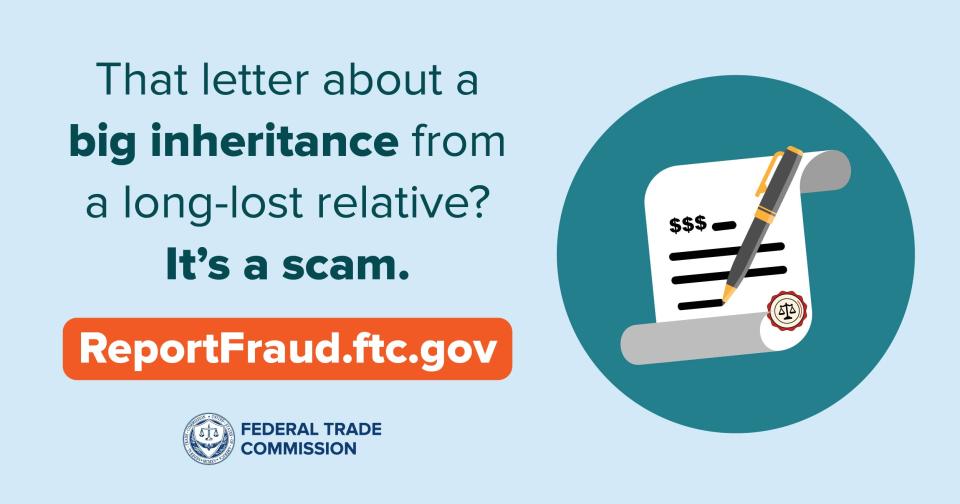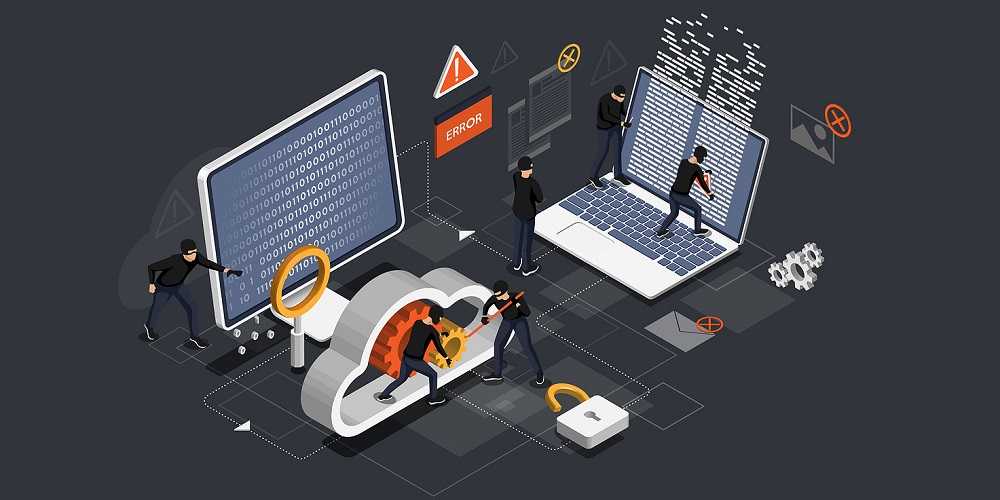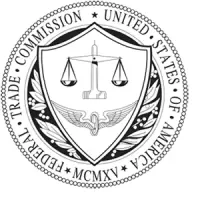FTC Consumer Response Center 1-877-382-4357
The FTC has been getting reports of people getting letters in the mail from a law firm. They are, they say, looking for the heir of a multi-million-dollar inheritance. And they think it might be you. (Spoiler alert: it’s not.)
A money mule scam is when someone sends money to you and asks you to send a portion of it to someone else. They often ask you to use gift cards or wire transfers. The money they are providing you is likely stolen.
Lately, it seems the Google Play Store is overrun with fake, malicious apps. It seems that way because lately, it’s true. Although the Store claims they’re vigilant about scanning apps for malware before making them publicly available, the Android app giant can’t seem to catch-up with bogus app scammers.
By now, most of us have at least one or two EMV (Europay, MasterCard, Visa) cards. These are the payment cards that were touted as far more secure than the ones with the magnetic strips on the backs.
With email phishing, deciphering what’s real from what’s fake can be a challenge. Our inboxes are stuffed with emails fighting to get our attention and get us to take some action. But how to ferret-out what’s legitimate takes some cyber-smarts.
It seems every webpage you land on these days has an “Accept Cookies” pop-up. After all, what’s the big deal about a few cookies, so we click “Accept” and move on. Well, turns out it’s a bigger deal to accept cookies than most users realize.
Cybercrime opportunists quickly took advantage of a way of working that blew-up during the coronavirus pandemic. Working remotely from home was the answer and for many, still is. But, in no time, cyber-scammers saw the prospect of ripping-off remote job hunters.
If you want your product to get any type of attention, you can bet that social media is a place to put it. You know that game Wordle that’s all the rage? You likely hadn’t heard about it until your friends started sharing their results on social media.
New data shows a rise in the use of text messages as an effective vehicle to connect with potential victims for social engineering scams as Americans increase their preference of the medium.
This is a great example of how even the simplest of social engineering tactics can be used as the first step in a likely-larger scam. In a recent short post on LinkedIn, Rahul Sasi, CEO of CloudSEK highlights a simple scam that goes like this:
When a loved one dies, family members and friends often need to make decisions about a funeral quickly and under emotional stress. If your loved one dies in another state, or you can’t meet in person for any reason, you may need to plan a funeral by phone or online.
Image Source: Federal Trade Commission
If you think about it, the financial services sector has gone through significant changes since horse-drawn wagons delivered money to banks. Long after that, in-person visits to your local branch gave way to online banking on devices, both mobile and at home.
Since the mid 1990’s, email phishing scams have been on the rise. Like most cybercrimes, hackers have improved and refined their phishing methods over time. Now, there’s been a massive increase in targets due to the continuing coronavirus epidemic.
Image Source: SOS Daily News
Thousands of members of cybercriminal groups were arrested in a sting that lasted 2 months and involved coordinated efforts of the law enforcement departments of 76 countries.
Image Source: KnowBe4
Sharing online can be irresistible, especially when quizzes, surveys and other fun opportunities allow your voice to be heard. It’s important to note that bad actors are constantly trolling social media sites for personal information.
Image Source: SOS Daily News
Google said this week it is expanding the types of data people can ask to have removed from search results, to include personal contact information like your phone number, email address or physical address.
















